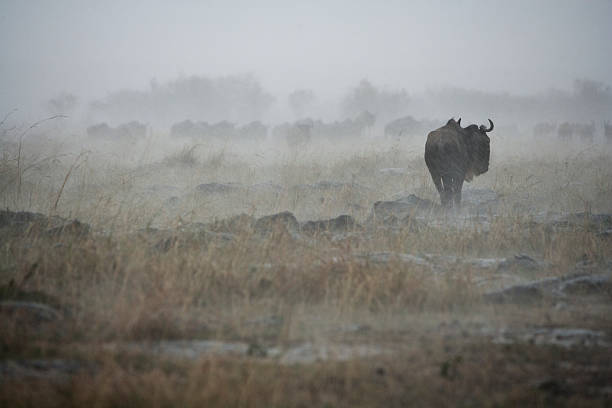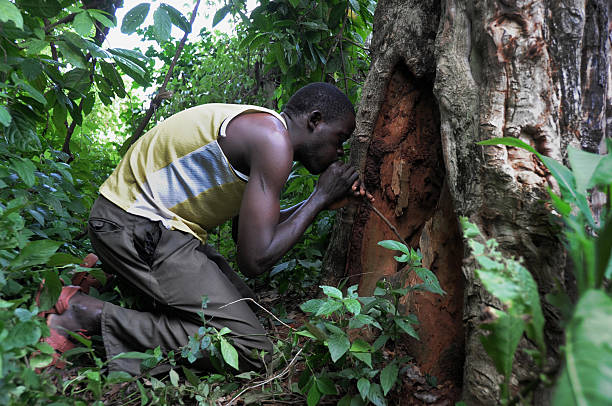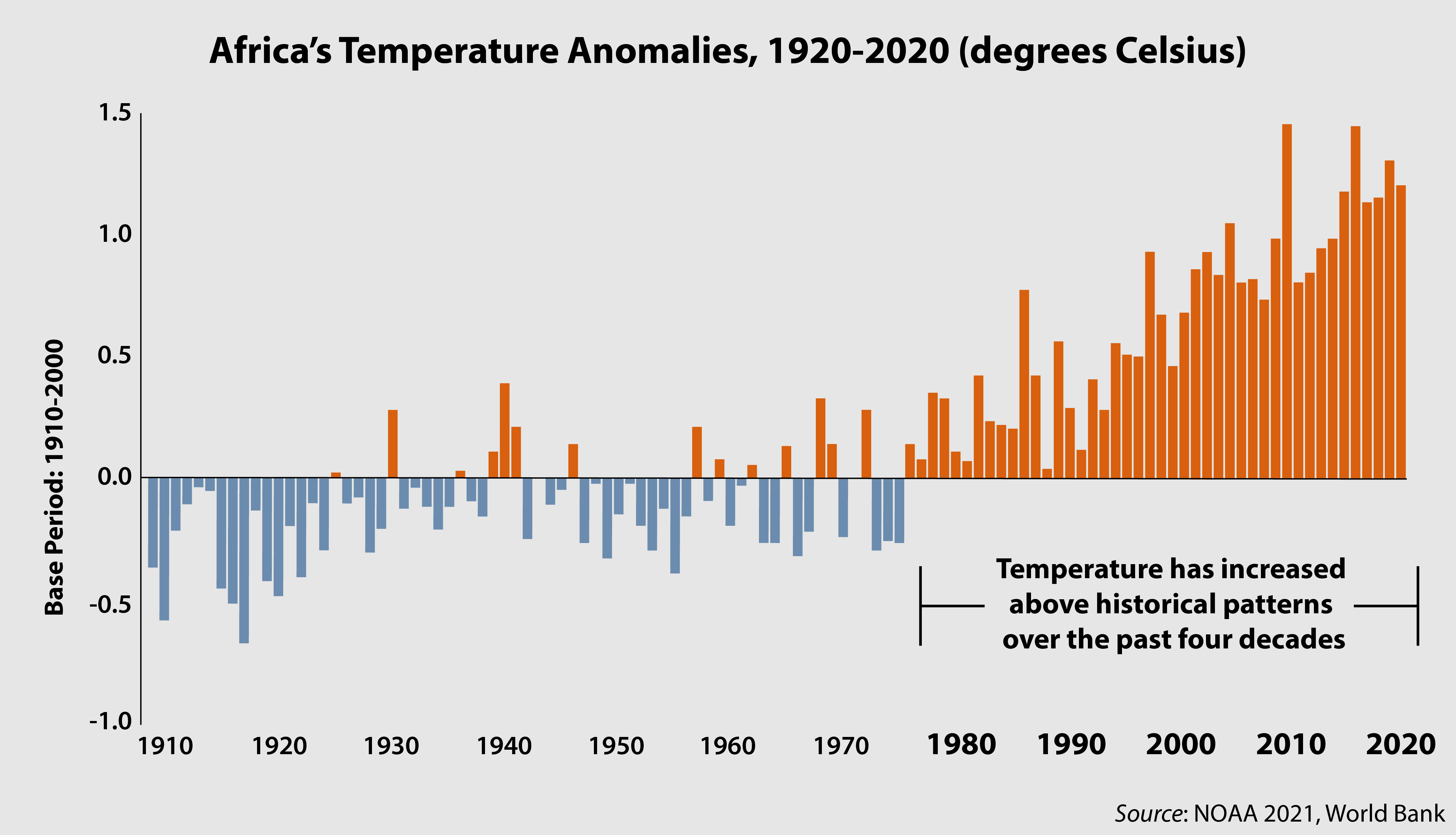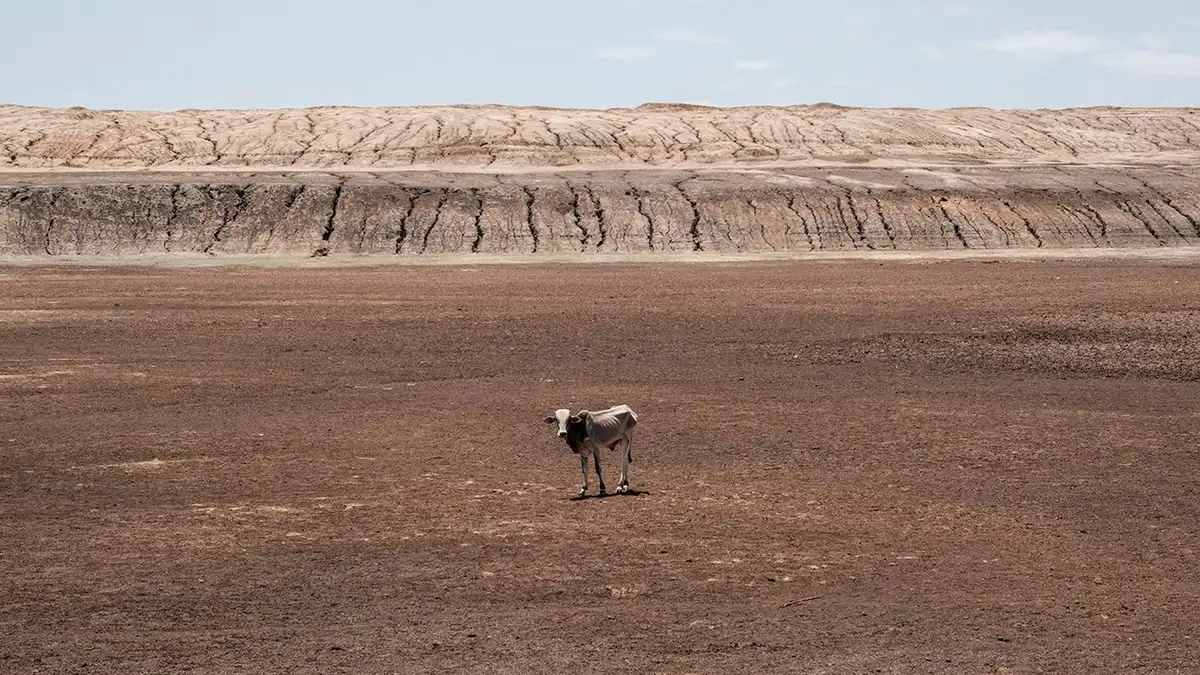The Last Rainmaker: Oral Histories of Communities That Once Called the Rain

When Rain Was a Calling
Before weather apps and satellites took over, a lot of African communities leaned on rainmakers. These were men and women people trusted to call down the rain, or keep it away if things got out of hand. Nobody thought of them as magicians, more as keepers of old secrets, carrying traditions and wisdom that tied everybody to the land and its rhythms.
In places like northern Ghana, parts of Uganda, and among Zimbabwe's Shona, rainmakers stood right at the center of everything. Their work wasn’t just about rain. They tried to hold the balance between people, nature, and ancestors. When the rains failed or the earth started to crack, the elders made their way straight to the rainmaker. Drums would echo, people sang, and offerings piled up for the spirits. Everyone waited, hoping the wind would finally shift.
Rainmaking wasn’t only about ceremonies and shows. People believed rain listened to more than just songs or prayers, it paid attention to how folks acted. If the sky stayed dry, maybe someone had broken a rule, forgotten the ancestors, or let selfishness creep in. The rainmaker wasn’t just a go-between for spirits. They were a living reminder: take care of each other, or the rain might just pass you by.

The rituals could get pretty complicated. Sometimes you’d see special herbs, clay, or water drawn from a sacred river. In southern Nigeria, the Idoma and Tiv called on their own gods with different rain dances. Farther south with the Bantu, people brought out beer, grain, and raised their voices to the clouds. To them, rainmaking wasn’t strange or silly. It was survival, paying attention, showing respect for things you couldn't always see.
Today, most of those old ways are fading. You catch glimpses of them at a festival here or there, but that's about it. In a few out-of-the-way villages, you can almost feel the memory of the rainmaker-soft, nearly lost, but not gone. It is a quiet nudge from the past, reminding us there was a time when people looked up at the sky and believed keeping the world in balance was everyone's job.
Science, Faith, and the Vanishing Craft
Old rainmaking traditions are fading fast across Africa, swept aside by the rush of modern life. Colonialism didn’t just bring new religions; it rewired how people thought about the weather. Missionaries and colonial officials labeled rainmaking as “pagan,” called rainmakers backwards, and tossed their knowledge aside like it didn’t count for anything. Schools and churches jumped in too, pushing kids away from these old ceremonies and stories. Pretty soon, being a rainmaker stopped carrying any weight at all.
But when those practices disappeared, a whole world of local wisdom vanished with them. Rainmakers weren’t just off chanting in secret, they were sharp. They watched how the wind moved, noticed animals acting strange, paid attention to the first flowers, even felt the soil shift beneath their feet. People talked about “spiritual insight,” but a lot of it came down to paying close attention, passing those details down one generation at a time.

Now, as climate change makes the weather even harder to predict, some folks are looking back. In parts of Malawi and Tanzania, elders still read the signs-clouds, animal tracks, bird calls-and blend that with whatever they hear on the radio about the forecast. For them, science and spirituality just go hand in hand. No big clash.
Faith is changing right alongside everything else. These days, Pentecostal pastors pray for rain inside churches, swapping old shrines for altars and microphones. The ceremonies look different, but the need hasn't changed at all: water, hope, a sign that things might finally get better.
Meanwhile, cultural preservationists are in a race against time: in Uganda's Karamoja region, for example, oral historians sit down with the last rainmakers, capturing their stories before they disappear. You can still catch the old songs in their voices, pick up bits of recipes for sacred brews, and hear warnings-reminders that people's lives still follow the moods of the land, even when everything else changes.
Remembering the Sky’s Covenant
The rainmaker’s story isn’t just some dusty legend, it’s a window into how African communities used to see things. Power, faith, the land itself, none of it stood alone. When people called for rain, they were really calling the whole village together. Every ritual tightened the bonds between neighbors and tied everyone back to the soil that kept them alive. Rainmaking went way beyond prayer. It was a social glue. People crowded into the chief’s courtyard. Women sang songs passed down from their grandmothers. Elders set out offerings. Drums echoed with hope and longing, reminding everyone that rain wasn’t just a random gift from the sky. It was a conversation, people reaching out to the sacred, and maybe, just maybe, the sacred listening back.
Fast forward to now. Places from the Sahel to the Horn of Africa, down to Namibia and Botswana, are in the grip of drought. Those old ideas-that human choices mess with the weather-suddenly feel pretty spot-on. Rainmakers blamed drought on greed or broken taboos or village disputes. Now, scientists point to deforestation, pollution, and climate change. It’s the same story: when people mess up, whether it’s morals or the planet, everything gets out of whack. The message isn’t complicated, but it’s powerful. The earth shows how well—or how badly—we’re caring for it.

There’s more. The grassroots conservationists of Tanzania and Kenya have begun to pick up pieces from those old traditions: not the rituals themselves, but the mindset of respecting nature's cycles. Some groups even name their tree-planting projects after local rain spirits, blending old beliefs with modern science.
Cultural historians say that when the rainmakers faded, something bigger slipped away too, the worldview that once held African communities together. Before colonialism, those beliefs gave people ways to care for the land, solve problems, and look after one another. Losing them left gaps that modern systems still can’t quite fill. Maybe bringing back rainmaking, not the rituals, but the way of seeing could help Africa reconnect its spiritual roots with its environmental future.
The rainmaker doesn’t stand on the hill anymore, calabash lifted to the clouds. But their message still hangs in the air: the earth is listening. We need to listen too. These days, calling the rain means something different, it’s about shared responsibility, honoring memory, and learning to respect the balance that keeps us alive.
You may also like...
Super Eagles Fury! Coach Eric Chelle Slammed Over Shocking $130K Salary Demand!
)
Super Eagles head coach Eric Chelle's demands for a $130,000 monthly salary and extensive benefits have ignited a major ...
Premier League Immortal! James Milner Shatters Appearance Record, Klopp Hails Legend!

Football icon James Milner has surpassed Gareth Barry's Premier League appearance record, making his 654th outing at age...
Starfleet Shockwave: Fans Missed Key Detail in 'Deep Space Nine' Icon's 'Starfleet Academy' Return!

Starfleet Academy's latest episode features the long-awaited return of Jake Sisko, honoring his legendary father, Captai...
Rhaenyra's Destiny: 'House of the Dragon' Hints at Shocking Game of Thrones Finale Twist!

The 'House of the Dragon' Season 3 teaser hints at a dark path for Rhaenyra, suggesting she may descend into madness. He...
Amidah Lateef Unveils Shocking Truth About Nigerian University Hostel Crisis!

Many university students are forced to live off-campus due to limited hostel spaces, facing daily commutes, financial bu...
African Development Soars: Eswatini Hails Ethiopia's Ambitious Mega Projects

The Kingdom of Eswatini has lauded Ethiopia's significant strides in large-scale development projects, particularly high...
West African Tensions Mount: Ghana Drags Togo to Arbitration Over Maritime Borders

Ghana has initiated international arbitration under UNCLOS to settle its long-standing maritime boundary dispute with To...
Indian AI Arena Ignites: Sarvam Unleashes Indus AI Chat App in Fierce Market Battle

Sarvam, an Indian AI startup, has launched its Indus chat app, powered by its 105-billion-parameter large language model...
